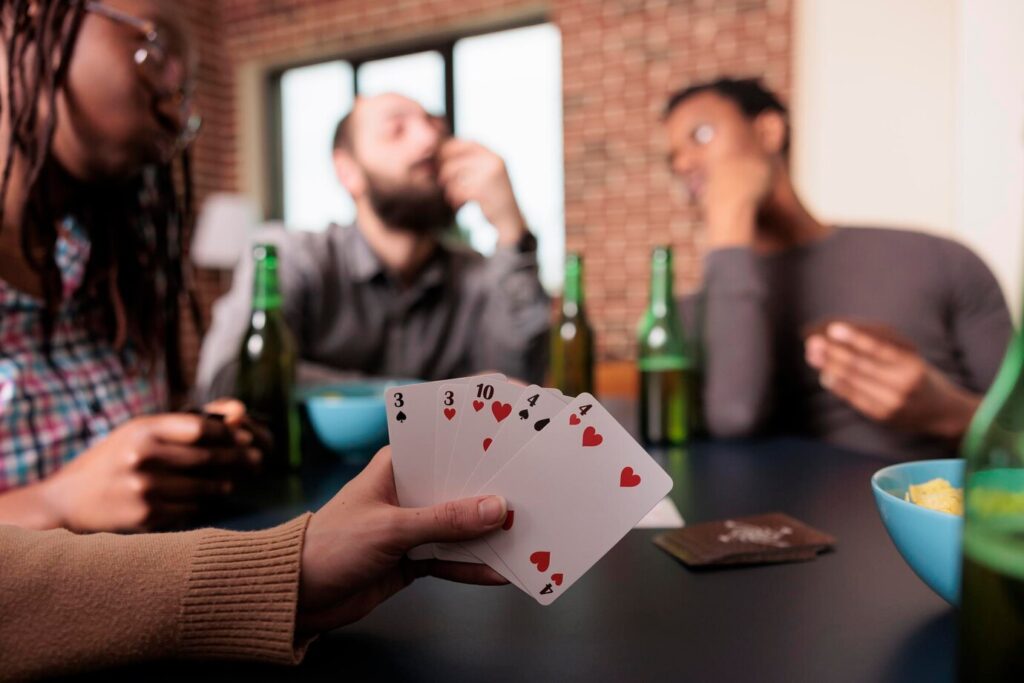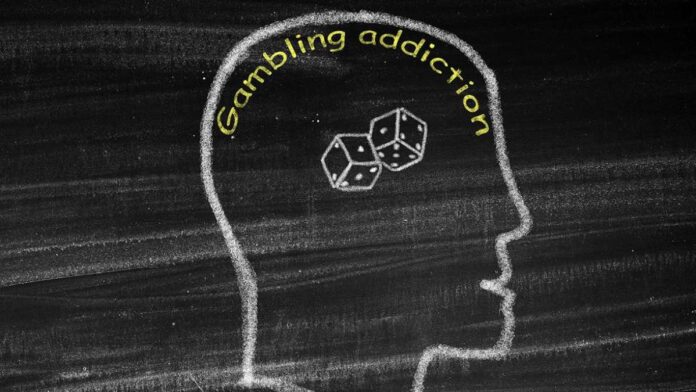Gambling addiction is a serious issue that affects individuals from all walks of life. It can creep up gradually, starting with the occasional bet or trip to the casino, but can quickly escalate into a full-blown compulsion that is difficult to control. The signs and symptoms of gambling addiction can vary from person to person, but common indicators include lying about gambling activities, chasing losses, and neglecting responsibilities in favor of gambling.
Fortunately, there are treatment options available for those struggling with gambling addiction, ranging from therapy and support groups to medication and financial counseling.
In this article, we will explore the signs and symptoms of gambling addiction in more detail, as well as the various treatment options that can help individuals reclaim their lives from the grips of this debilitating disorder.
Understanding Gambling Addiction: Definition and Causes

Gambling addiction is a complex and often misunderstood disorder that can have devastating effects on individuals and their loved ones. Defined as a compulsive urge to gamble despite negative consequences, this addiction can lead to financial ruin, strained relationships, and severe emotional distress.
There are several factors that contribute to the development of gambling addiction, including genetic predisposition, neurological factors, and psychological issues such as depression or anxiety. Additionally, environmental factors such as exposure to gambling at a young age or a lack of healthy coping mechanisms can also play a role in the development of this destructive behavior.
Understanding the definition and causes of gambling addiction is crucial in order to recognize the signs and symptoms early on and seek appropriate treatment options before it spirals out of control.
Recognizing the Signs and Symptoms of Gambling Addiction

Recognizing the signs and symptoms of gambling addiction is essential in order to seek help and support for this serious issue. Some common signs to look out for include an increasing preoccupation with gambling, the inability to stop or cut back despite negative consequences, lying or hiding the extent of one’s gambling behavior, and the need to gamble with larger amounts of money to achieve the same level of excitement.
Other symptoms may include restlessness or irritability when trying to cut back on gambling, using gambling as a means of escape from problems or negative emotions, and jeopardizing important relationships, job opportunities, or financial stability due to gambling behavior. It is important to educate yourself and loved ones on the warning signs of gambling addiction so that intervention and treatment can be sought promptly.
Impact of Gambling Addiction on Mental Health and Relationships

Gambling addiction can have a devastating impact on an individual’s mental health and relationships. The constant urge to gamble and the stress of hiding the addiction can lead to anxiety, depression, and other mental health issues. This can strain relationships with family and friends, leading to isolation and broken trust.
The financial toll of gambling addiction can also exacerbate mental health problems and create further strain on relationships. Seeking treatment for gambling addiction is essential not only for overcoming the addiction itself but also for repairing the damage it has caused to mental health and relationships. Through therapy, support groups, and other treatment options, individuals can work towards recovery and rebuilding healthy connections with loved ones.
Conclusion
In conclusion, gambling addiction is a serious issue that can have devastating effects on individuals and their loved ones. Recognizing the signs and symptoms of gambling addiction early on is crucial in seeking appropriate help and treatment. From therapy and support groups to medication and self-help strategies, there are various treatment options available for those struggling with gambling addiction.
It is important for individuals to reach out for help and support, such as through resources like www.spin-ace.com, to begin their journey towards recovery and a healthier lifestyle. By taking proactive steps towards addressing their addiction, individuals can regain control of their lives and work towards a brighter, addiction-free future.




